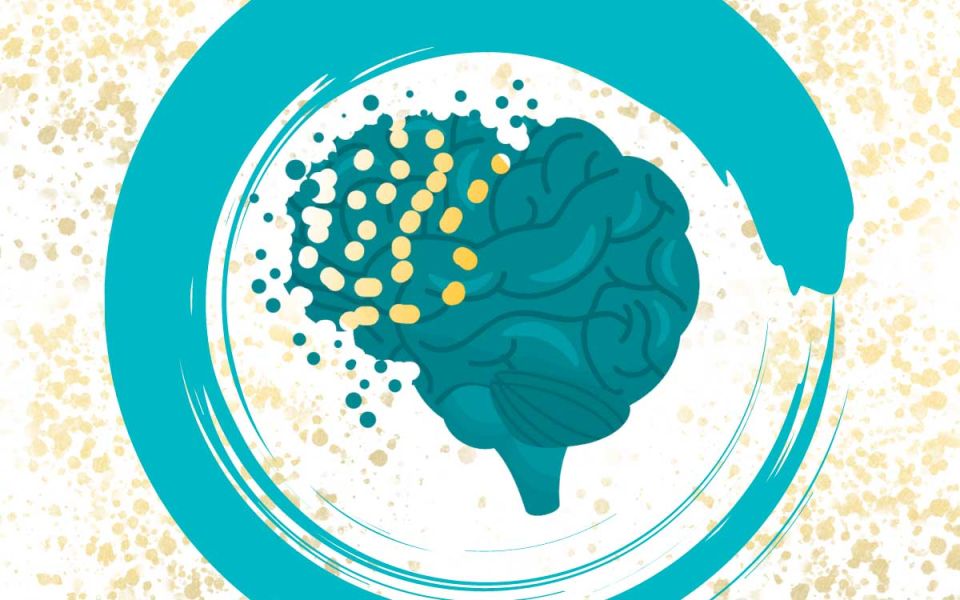Things to Remember About Early Alzheimer’s

Alzheimer’s Disease is a devastating brain disorder that gets worse over time. Early onset Alzheimer’s occurs before age 65. Most early Alzheimer patients develop symptoms in their 40s and 50s with some particularly aggressive forms starting as early as the late 20s. Any form of Alzheimer’s is a tragedy, but early-onset Alzheimer's can be particularly cruel. We do not know exactly what causes Alzheimer’s Disease. We do know that there are genetic and environmental causes that seem to mix with a high amount of randomness. We also know that some diseases exist alongside Alzheimer’s and maybe risk factors. These include diabetes, hypertension, cholesterol issues, and metabolic syndrome. Alzheimer’s produces a number of terrible symptoms:
- Memory Loss
- The most iconic symptom, the brain appears unable to form new memories.
- Executive function changes
- High-level processing like judgment, mood, and personality, and completing tasks
- Language difficulties
- Visual and spatial troubles
Together, these symptoms combine into cognitive decline, loss of independence, and death. Early onset Alzheimer’s can have these symptoms, but is also more aggressive with a shorter lifespan and larger changes in the brain. Interestingly, up to a quarter of patients with early Alzheimer’s may develop cognitive decline without memory loss. This can present as trouble with:
- Movement
- The Visual system
- Speaking
- Numbers
We are still uncertain how genetic and environmental conditions translate into Alzheimer’s but the leading theory involves an accumulation of protein in the brain called amyloid plaques and tau tangles. Amyloid plaques are a buildup of a protein between neurons. It is thought that this buildup somehow causes the accumulation of tau inside of neurons. Tau is another protein that folds incorrectly and tangles up inside of neurons, leading to their eventual death. It has been very difficult to study the root causes of Alzheimer’s. This is in large part because of the inconsistency of who gets it. This also means that creating medications for Alzheimer’s has been difficult. One of the most promising avenues for study has been targeting amyloid plaques for disposal by the immune system. With luck, research can pin down a treatment to help slow or even stop the march of early Alzheimer’s.
References:
Ayodele, T., Rogaeva, E., Kurup, J. T., Beecham, G., & Reitz, C. (2021). Early-onset Alzheimer’s disease: what is missing in research?. Current neurology and neuroscience reports, 21, 1-10. https://link.springer.com/article/10.1007/s11910-020-01090-y
Mintun, M. A., Lo, A. C., Duggan Evans, C., Wessels, A. M., Ardayfio, P. A., Andersen, S. W., ... & Skovronsky, D. M. (2021). Donanemab in early Alzheimer’s disease. New England Journal of Medicine, 384(18), 1691-1704. https://www.nejm.org/doi/full/10.1056/NEJMoa2100708
Reitz, C., Brayne, C., & Mayeux, R. (2011). Epidemiology of Alzheimer disease. Nature Reviews Neurology, 7(3), 137-152. https://www.ncbi.nlm.nih.gov/pmc/articles/PMC3339565/



